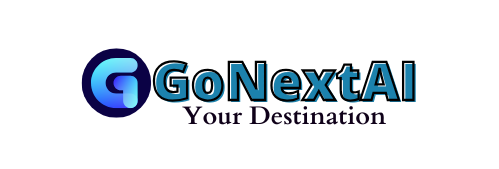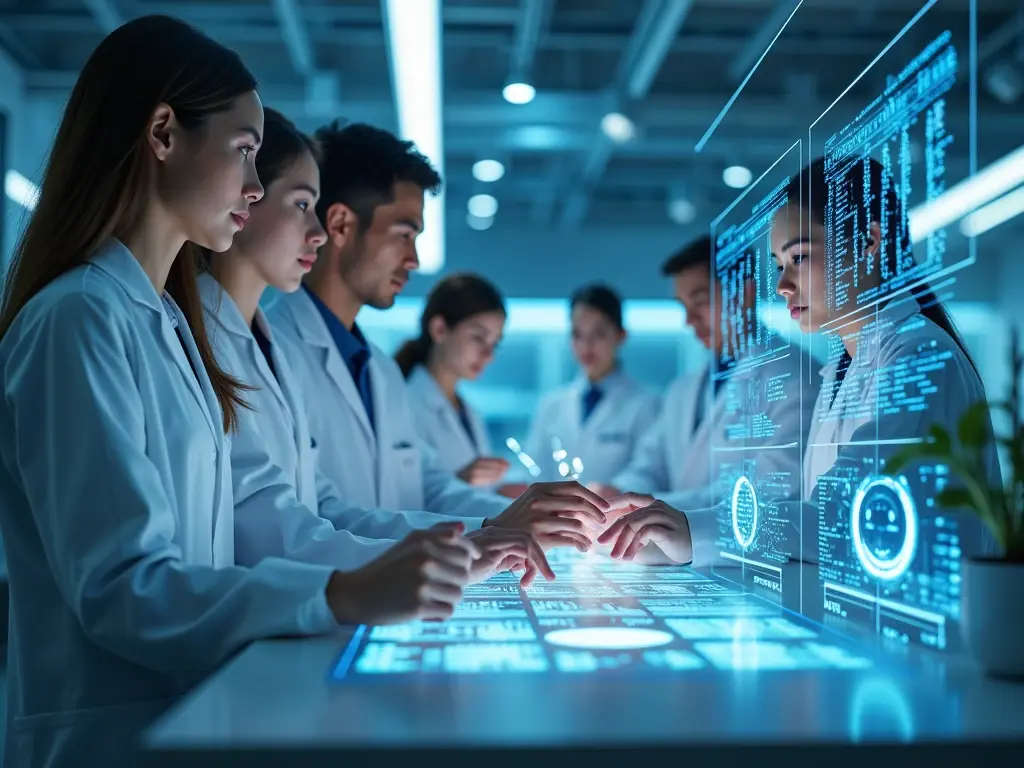The Future of AI in Biotechnology
The intersection of Artificial Intelligence (AI) and biotechnology marks one of the most transformative advancements of the 21st century. The dynamic pairing of these two fields is setting the stage for groundbreaking innovations that promise to redefine healthcare, agriculture, and environmental sustainability. From drug discovery to personalized medicine, and from synthetic biology to bioinformatics, the future of AI in biotechnology holds immense potential to address some of humanity’s most pressing challenges.
AI’s Role in Drug Discovery and Development
Drug discovery has traditionally been an arduous, costly, and time-consuming process. It often takes more than a decade and billions of dollars to bring a single drug to market. However, AI is revolutionizing this field by significantly reducing the time and cost involved.
Accelerating the Process
AI algorithms can analyze vast datasets of molecular structures, biological data, and clinical trial outcomes. Machine learning models can identify potential drug candidates with higher accuracy than traditional methods. For instance, DeepMind’s AlphaFold has revolutionized protein folding predictions, enabling researchers to understand complex biological processes at an unprecedented scale.
Precision Medicine
One of the most promising aspects of AI in biotechnology is its application in personalized medicine. AI-driven platforms analyze genetic information, lifestyle data, and medical history to recommend treatments tailored to individual patients. This approach increases the efficacy of treatments and minimizes side effects.
Transforming Agriculture with AI and Biotechnology
As the global population continues to grow, the demand for sustainable agricultural practices has never been greater. AI-powered biotechnology is playing a crucial role in addressing this challenge by optimizing crop yields, reducing resource consumption, and combating climate change.
Smart Crop Management
AI algorithms can analyze environmental data to predict weather patterns, pest outbreaks, and soil conditions. By integrating biotechnology, farmers can develop genetically modified crops that are more resilient to environmental stressors, such as droughts or pests.
Reducing Waste
AI systems can also help in precision farming, ensuring that resources such as water, fertilizers, and pesticides are used efficiently. This reduces environmental impact while maximizing productivity.
Synthetic Biology and AI: Designing Life
Synthetic biology, the science of engineering biological systems, is experiencing a revolution thanks to AI. By harnessing computational tools, researchers can design and create new biological entities with tailored functionalities.
Designing Custom Organisms
AI-powered platforms like CRISPR-Cas9 use machine learning algorithms to predict the most effective genetic edits. This enables the creation of custom organisms capable of producing biofuels, biodegradable plastics, or even vaccines.
Biosecurity
AI can also play a critical role in monitoring and mitigating biosecurity risks. Predictive algorithms can identify potential threats from engineered pathogens, ensuring that synthetic biology advancements are used responsibly.
AI in Bioinformatics: Making Sense of Big Data
Biotechnology generates massive amounts of data, from genomic sequences to proteomic datasets. AI is essential in managing, analyzing, and deriving actionable insights from this information.
Genome Sequencing
The cost of sequencing a human genome has dropped significantly over the years. However, analyzing the terabytes of data generated requires advanced AI tools. Deep learning models are being used to identify genetic variants associated with diseases, paving the way for novel treatments.
Accelerating Research
AI-powered bioinformatics platforms enable researchers to model biological processes, simulate experiments, and identify correlations that might be missed by traditional methods.
Ethical Considerations and Challenges
Despite its potential, the integration of AI in biotechnology raises significant ethical and practical challenges.
Data Privacy
The use of AI in personalized medicine relies on sensitive patient data. Ensuring the privacy and security of this data is paramount to gaining public trust.
Equity in Access
AI-powered biotechnology tools must be accessible to underserved populations to avoid widening healthcare disparities.
Regulatory Frameworks
The rapid pace of innovation often outstrips the development of regulatory frameworks. Governments and international bodies must collaborate to create guidelines that ensure these technologies’ safe and equitable deployment.
The Road Ahead
The future of AI in biotechnology is brimming with possibilities. Here are some of the key areas to watch:
AI and the Fight Against Pandemics
The COVID-19 pandemic demonstrated the power of AI in tracking outbreaks, predicting virus mutations, and accelerating vaccine development. Future advancements could see AI predicting pandemics before they occur, saving countless lives.
Enhanced Human-Machine Collaboration
As AI tools become more sophisticated, their role will evolve from assistants to collaborators in research. This symbiotic relationship could lead to discoveries that were previously unimaginable.
Environmental Sustainability
AI-driven biotechnology solutions will be pivotal in addressing climate change, from creating carbon-sequestering crops to developing renewable biofuels.
Conclusion
The convergence of AI and biotechnology is a beacon of hope in tackling some of humanity’s most complex challenges. While hurdles remain, the potential benefits far outweigh the risks. By fostering interdisciplinary collaboration, investing in education, and establishing robust ethical frameworks, we can unlock the full potential of AI in biotechnology. As we stand on the cusp of this new era, the horizon is not just promising—it is transformative.
Read More The Impact of AI


1 Comment